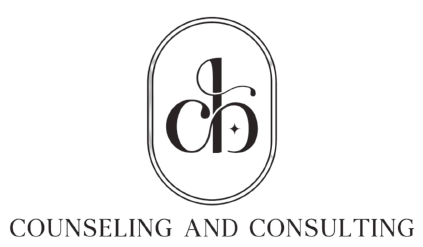Mental Health Blog

Do You Keep Testing People? This Might Be Why
You say things like, “Let’s see if they care,” or “If they really wanted to, they would.”
You cancel plans last minute just to see if they’ll reschedule.
You stay quiet during an argument to test if they’ll come after you.
You create distance, waiting for someone else to close the gap.
At first glance, it might look like a trust issue. But underneath?
It’s often a fear of being forgotten, replaced, or left behind.

Testing Isn’t About Games—It’s About Safety
Most people who test others aren’t doing it to manipulate.
They’re doing it to protect themselves.
When emotional wounds go unhealed—especially from childhood or past relationships—we unconsciously start to believe that love is conditional. That affection is earned. That connection must be proven, not given.
So we test.
We push.
We pull.
We create a storm just to see who stays standing when the dust settles.
The pain doesn’t come from being let down.
It comes from expecting to be—and then watching it happen again.
🧠 Why We Do It (Even When We Don’t Want To)
You’re Used to Inconsistency
If love in your past came and went—when people showed up only when it was convenient—you may have learned to stay on alert. Testing becomes your nervous system’s way of saying, “Show me you’re safe.”You’re Afraid to Ask Directly
Instead of saying, “I need reassurance,” you might withhold affection to see if they’ll notice something’s wrong. But emotional needs communicated through silence almost always go unmet.You Want to Feel in Control
Testing can feel like power—but it’s often fear in disguise. If you've ever felt powerless in past relationships, pushing people away before they leave on their own might feel like you’re taking your power back.You’re Trying to Avoid Disappointment
There’s comfort in confirming what we already fear. So we test… and when they fail, it feels like, “See? I knew it.” At least the heartbreak is on your terms.
✨ But Here's the Truth
Testing people rarely gives you the security you’re looking for.
It builds walls when what you really want is to feel held.
It creates distance when what you crave is closeness.
It puts love through a maze, when it should feel like a safe place to land.
What if, instead of testing someone’s love,
you let yourself believe you’re worthy of it without proof?
💭 Reflection Prompt
Ask yourself gently:
“What am I afraid would happen if I asked for what I needed directly?”
“Who taught me that love had to be earned?”
“What would trust look like if I gave it a chance to exist?”
The goal isn’t to blame yourself. It’s to understand yourself—deeply enough to finally heal.
💬 Ready to Break the Pattern?
If this blog hit home, you’re not alone—and you’re not broken.
Our Attachment Style Workbook is designed to help you:
✔ Identify the root of your emotional patterns
✔ Understand your triggers without shame
✔ Learn tools to create safer, healthier connections—starting with yourself
Explore the workbook and start rebuilding the way you relate to others—from a place of security, not fear. → A Therapist's Toolkit: Attachment Styles

Disclaimer: The content in our blogs are for informational purposes only and should not be considered a substitute for professional mental health advice, diagnosis, or treatment. Always consult with a qualified mental health professional for personalized guidance and care. In case of a mental health crisis or emergency, please call emergency services immediately.

© 2023 All Rights Reserved
We are offering services online via Telehealth
(614) 957-3321
Hours: Monday-Friday 9:00am-6:00pm

© 2023 All Rights Reserved

